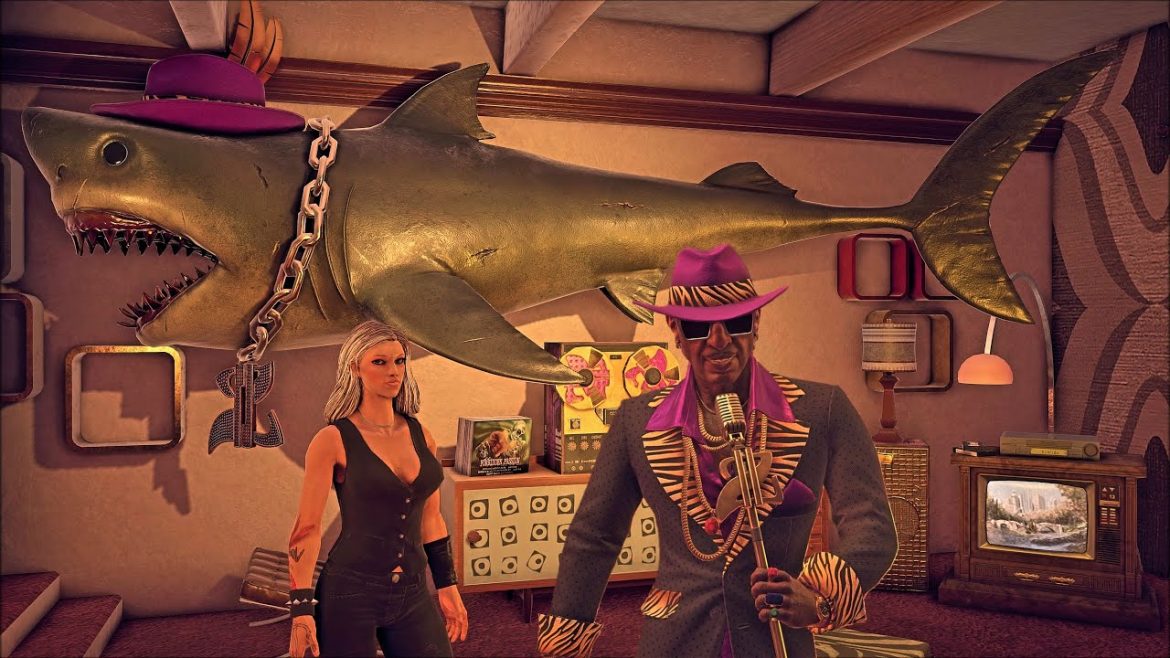Welcome back readers.
We’re running a shorter issue this week, but one packed with pieces that hit hard and cut deep. Thanks, as always, for sticking with us on our ongoing quest to share the words and bring them into conversation.
This Week in Videogame Blogging is a roundup highlighting the most important critical writing on games from the past seven days.
Preservation and Precarity
In a way, both of these first two selections are about preservation–of the histories of games alongside the games themselves, and of the labour that goes into their making, so routinely taken for granted by the c-suite.
- The Making Of Karateka Is One Of The Year’s Best Games | Kotaku
Carolyn Petit shines a film history lens on Digital Eclipse’s curatorial, documentary-style approach to re-releasing old games. - They Print Pink Slips, Not Paychecks: The Rash of Videogame Layoffs | Paste
Mik Deitz recaps another banner year for videogames.
“Notice that among all of these massacres, there is a constant: the CEOs, the supposed leaders of the companies, almost never face consequences. They captained the ship, sought the acquisitions, led the company along the red herring chase that is the Metaverse, and yet only one CEO has been fired. Instead, it’s everyone who does the grunt work—also known as the people who make the videogames for these videogame companies—that are sent packing, usually without severance or healthcare. The captain doesn’t go down with the ship anymore, they simply lock the crew in the brig and escape on a gold-plated dinghy.”
New and Recent
Here are two critical reviews of recent anticipated titles, unpacking the wider contexts behind their respective releases.
- Star Trek: Infinite review – it’s a good day to wait for mods | Eurogamer
Alexis Ong struggles to see glimpses of the soul of Trek underneath all that Stellaris superstructure. - When the Fire Falls From on High; Or, the Meteor Is Not a Metaphor | Unwinnable
Autumn Wright sees KO_OP make it out the other side and (mostly) stick the landing where it counts.
“Goodbye Volcano High is quite explicitly about the pandemic-era experiences of graduating high schoolers, who I needed no convincing had it the worst of anyone in 2020. While the initial lockdown interrupted my final semesters of undergrad, I’m still glad it didn’t happen when I was in high school and still believed in something, hadn’t yet been shaken out of that temporality. With the asteroid visible in the night sky, everything from yearbook pictures to cliche teenage emo lyrics like “we’re never gonna grow up” are suddenly tinged with, for some, a longing for normalcy rooted in a hope (if not a belief) that things will just work out, and for others, rage fomented in losing what they’ve found for themselves.”
Stories and Tellers
Now let’s have a narrative-driven section, with two articles unpacking artistry and authorship within and across genres.
- Procedural, Emergent, Tomatoes, Potatoes | Ada Play
Adarel maps out different processes and agents in stories as they are told. - Live-A-Live and the Once and Future Story | cohost
Jeremy Signor reflects on Live-A-Live as a genre milestone in conversation with itself.
“Live-A-Live represents Square’s struggle to see if the devs could expand the known bounds of what an RPG could be, a dazzling collection of experiments that would be further refined in Chrono Trigger a year after it came out, the story behind the stories laid bare for the player to discern.”
People and Places
This next pair of highlights share a focus on cities and survival.
- TAKE A WALK | DEEP HELL
Skeleton reminisces about the excesses and eventual ironies at the heart of Saints Row‘s irreverent attitude. - On The Destruction of People | Press Play Gaming
Chris Lawn explores a virtual city, Baghdad, mindful of its historical destruction, and contemplates the imminent destruction of another city and its people, Gaza.
“This moment in time feels like another touchpoint in history. One marred by hate, followed by horrific destruction of life, once again suffered by those who do not deserve it.”
Critical Chaser
This short selection taught me something new about a series I thought I understood.
- Growing Up on Halo | Into The Spine
Rae Maybee highlights the most important thing that made Halo Halo.
“After everything, Halo 5 does not support local couch co-op. So I never play it. Turns out the point for me wasn’t the love of franchise. It wasn’t the novelty of watching graphics improve by leaps and bounds every handful of years. It wasn’t even the ability to slowly work my way up to just mediocre in every other version of multiplayer but lone wolf.”
Subscribe
Critical Distance is community-supported. Our readers support us from as little as one dollar a month. Would you consider joining them?
Contribute
Have you read, seen, heard or otherwise experienced something new that made you think about games differently? Send it in!


